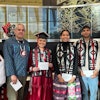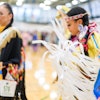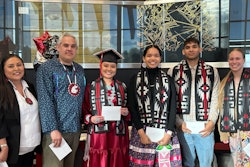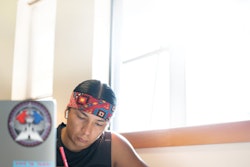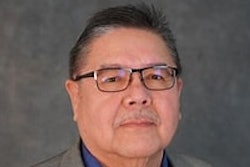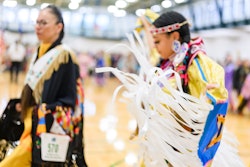FLAGSTAFF Ariz. — Two Southwest tribes are moving closer to securing radio stations that others in Indian Country have turned to for emergency alerts, health tips, the latest rodeo news, traditional stories and language lessons.
American Indian tribes hold less than one percent of the roughly 15,200 radio station licenses issued by the Federal Communications Commission, a figure the commission has been trying to boost through a rule it approved in 2010 to give federally recognized tribes priority in the application process, and help preserve language and culture.
“Telling one’s own story, broadcasting in one’s own voice, in an exercise of self-determination and self-reliance, is so important a goal of so many broadcasters in tribal communities that its value cannot be overstated,” the FCC said in its 2012 annual report.
Earlier this month, the FCC set aside the first two FM allotments under its Tribal Radio Priority for the Hualapai Tribe in northwestern Arizona and Navajo Technical College in northwestern New Mexico. The tribe and the college owned by the Navajo Nation are now waiting for the FCC to open a filing window so they can secure construction permits and build their stations.
“Radio will give them tremendous community outlook,” said Fred Hannel, a consultant for the Hualapai Tribe. “They can rally the whole community around a radio station, give them a sense of identity.”
Other tribal entities will have an opportunity to apply for the same allotments for the commercial stations after the FCC’s order takes effect April 15. The Hualapai Tribe says it isn’t expecting to lose out because no other tribe is located in the area it wants to broadcast.
Applicants who want to be considered under the tribal priority must be a federally recognized tribe or an entity, like the college, that is majority-owned by a tribe and propose to cover at least 50 percent tribal land. Successful applications are processed without going through an auction.
